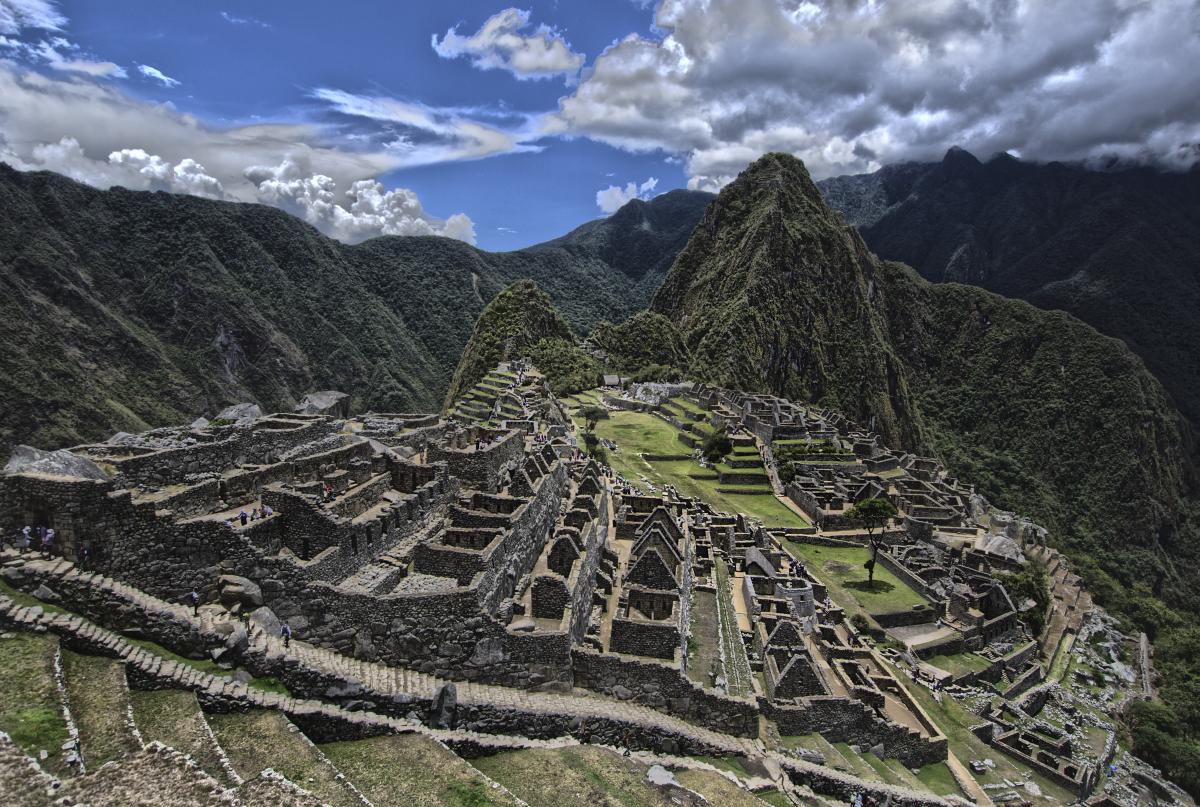Friday, June 2
8:15 - 8:45 AM
Check in and breakfast
8:45 - 9:20 AM
Introductions
9:20 - 10:40 AM
Environmental History in World History since 1918: Into the Anthropocene?John McNeill
This talk will introduce the field of environmental history briefly and then explore the character, scale, scope and pace of environmental change around the world since WWI. It will conclude with reflections upon whether or not we should consider that either history, or the Earth, has entered into a new interval of time, the Anthropocene.
10:50 AM - 12:10 PM
The Politics of Plants in Philippine Colonial History
Kathleen Gutierrez
What makes plants political? What do tobacco, mahogany, and jasmine have to do with Philippine colonial history? This talk explores the politics of three plants across the Spanish and U.S. colonial periods in the Philippines. Participants will learn how plants significantly shaped Philippine colonial and anti-colonial history, explore the similarities between the Spanish and U.S. imperial projects in the Philippines, and consider what botany reveals about imperial histories and worldviews.
12:10 - 1:10 PM
Lunch & Discussion
1:10 - 2:30 PM
Empire and Environment in Eurasia, 1500-presentMaya Peterson
This talk provides an overview of the rapid expansion of the Russian Empire from the sixteenth century onward, an expansion primarily driven by the quest for natural resources such as furs and timber (the pursuit of fur-bearing mammals even brought the Russians all the way to California!) Comparisons will be made with other empires, exploring topics such as the purported differences between colonies of overland and overseas empires, the roles played by frontiers and borderlands in shaping imperial development, and interactions between settled and nomadic societies. The talk will conclude with a look at the importance of resource extraction in shaping Soviet development, ecological disasters such as the disappearance of the Aral Sea, and the role of “econationalism” in understanding the Soviet collapse.
2:40 - 4:00 PM
Facilitated Discussion
Saturday, June 3
8:30 - 9:00 AM
Check in and breakfast
9:00 - 10:20
Exploring and Exploiting Pacific Worlds, c. 1778-1850
Rainer F. Buschmann
The Pacific Ocean is not only the earth’s largest geographic feature but also one of the most understudied regions of the world. The talk will give a brief overview on the history of the Pacific and center on the environmental impact of the eighteenth-century European and Euro-American wave to the region. Special attention will be paid to the “Great Hunt” – the near extermination of marine mammals—and the Guano rush of the nineteenth century.
10:40 AM - 12:00 PM
Teaching the Tar Sands: Settler Colonialism, Environmental Violence, and Reproductive Justice
Martha Kenney
The Tar Sands in Northern Alberta, Canada is one of the largest industrial projects on earth, each day producing upwards of 2.3 million barrels of oil and releasing more greenhouse gases than all the cars in Canada combined. Aboriginal people living downstream from the Tar Sands have been disproportionately harmed by Alberta’s oil industry; toxic chemical by-products have poisoned their food and water, causing health conditions such as rare cancers. In this presentation I demonstrate a transnational feminist approach to teaching the Tar Sands, placing today’s industrial practices within a longer history of settler colonialism and petrocapitalism. Drawing on indigenous feminist scholarship and activism, I argue for the importance of foregrounding reproductive justice in environmental history and amplifying the voices of those most affected by environmental violence.
12:00 - 1:30 PM
Lunch & Facilitated Discussion
1:30 - 2:50 PM
Environmental Disease in 19th and 20th-century Egypt
Jennifer Derr
During the 19th and 20th centuries, the construction of the first modern dam on the Nile River, the 1902 Aswan dam, and the Aswan High Dam caused the prevalence of parasitic disease in Egypt to soar as a result of an evolution in the ecologies of Nile-fed agriculture. New irrigation practices and labor regimes transformed the nature of bodily interactions between agricultural populations and the environments in which they lived and worked. This talk chronicles the history of the epidemic of parasitic disease, specifically schistosomiasis and hookworm, that resulted from the transformation of Egypt's agricultural landscape in the 19th and 20th centuries.
3:00 - 4:30 PM
Facilitated Discussion


